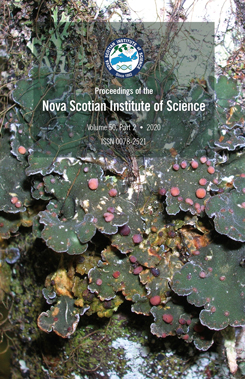Responding to the Call for Climate Action
DOI:
https://doi.org/10.15273/pnsis.v50i2.9999Abstract
Global calls for action on climate change have become more urgent in recent years. However, how to act to achieve climate sustainability remains elusive. The evidence is clear that governmental initiatives – global, national, and provincial – have not been able to coalesce into a meaningful strategy for climate sustainability. What is required is a shift in climate responsibility from governments to individuals and communities who think globally but are best able to act locally. To encourage the citizenry to act requires a science-based information and education whereby climate action is clearly defined along with the consequences of actions (or inaction). Education must include a climate curriculum as a mainstream subject in our schools. Using this approach, local community baselines of climate information, vulnerability, and adaptive capacity can be established. In enhancing their climate roles, governments‘ need to shift from carrying out mandates for climate response, to becoming auditors of carbon use in which citizens and businesses are given incentives to reduce carbon footprints. Finally, increased investments need to be directed to communities so that they can take more responsibility and be more prepared to live with climate change impacts. Governments also need to engage the community in participatory strategic long-term planning for adaptation to the changing climate.
Keywords: climate action, climate responsibility, institutional arrangements, science-based information, education legacy, strategic planning, community investment


